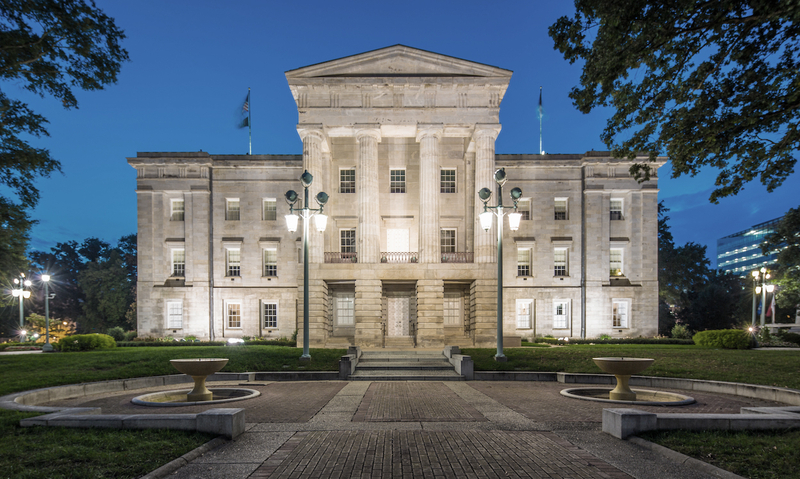Superior Court Judge James Ammons could decide Leandro funding issue in two weeks


Superior Court Judge James Ammons, who is overseeing the long-running Leandro school funding case, could decide in two weeks how much money the state must turnover to North Carolina’s public schools to pay of years two and three of a school improvement plan.
On Friday, Ammons listened to attorneys in the decades-old case debate the amount they believe the state’s school children are owed. A previous judge overseeing the case ordered the state to spend $1.75 billion to implement year two and three of what is known as the Comprehensive Remedial Plan (CRP).
Attorneys on both sides of the case agree that some of that amount was funded ion the state’s 2022 budget. The disagree, however, about how much more money the state must turnover to comply with the earlier court order.
Attorneys for the plaintiffs believe the amount is $677.8 million.
But Matthew Tilley, an attorney representing Senate Leader Phil Berger, a Rockingham County Republican and House Speaker Tim Moore, a Cleveland County Republican, both of who intervened in the case, contends the amount is $633 million or just $377 million if year two of the remedial plan is removed from the equation because it has now passed.
“In addition to omitting various appropriations, OSBM’s [Office of State Budget and Management] calculations fail to account for the fact that roughly 99% of the action items in Year 2 of the CRP call for recurring appropriations for salaries and ongoing programs that are no longer necessary now that we are in Year 3,” Tilley said in his brief.
Scott Bayzle, an attorney for the plaintiffs, disagreed with Tilley’s assessment.
“What it appears the legislative intervenors are also arguing here is that because year two has now passed, we don’t need to consider it,” Bayzle said. “You honor, what that also means is we can delay and let another year go by and we don’t really have to worry about it. But your honor, year two is built on year one and year three is built on year two. If we were to accept that argument, the state would never have to implement the CRP, just delay.”
Ammons told attorneys in the case that they could end the disagreement about how much North Carolina’s school children are owed by agreeing on an amount.
“I always suggest this with every case I try,” Ammons said. “Ya’ll have the power to decide this by agreement. I don’t think that’s going to happen.”








